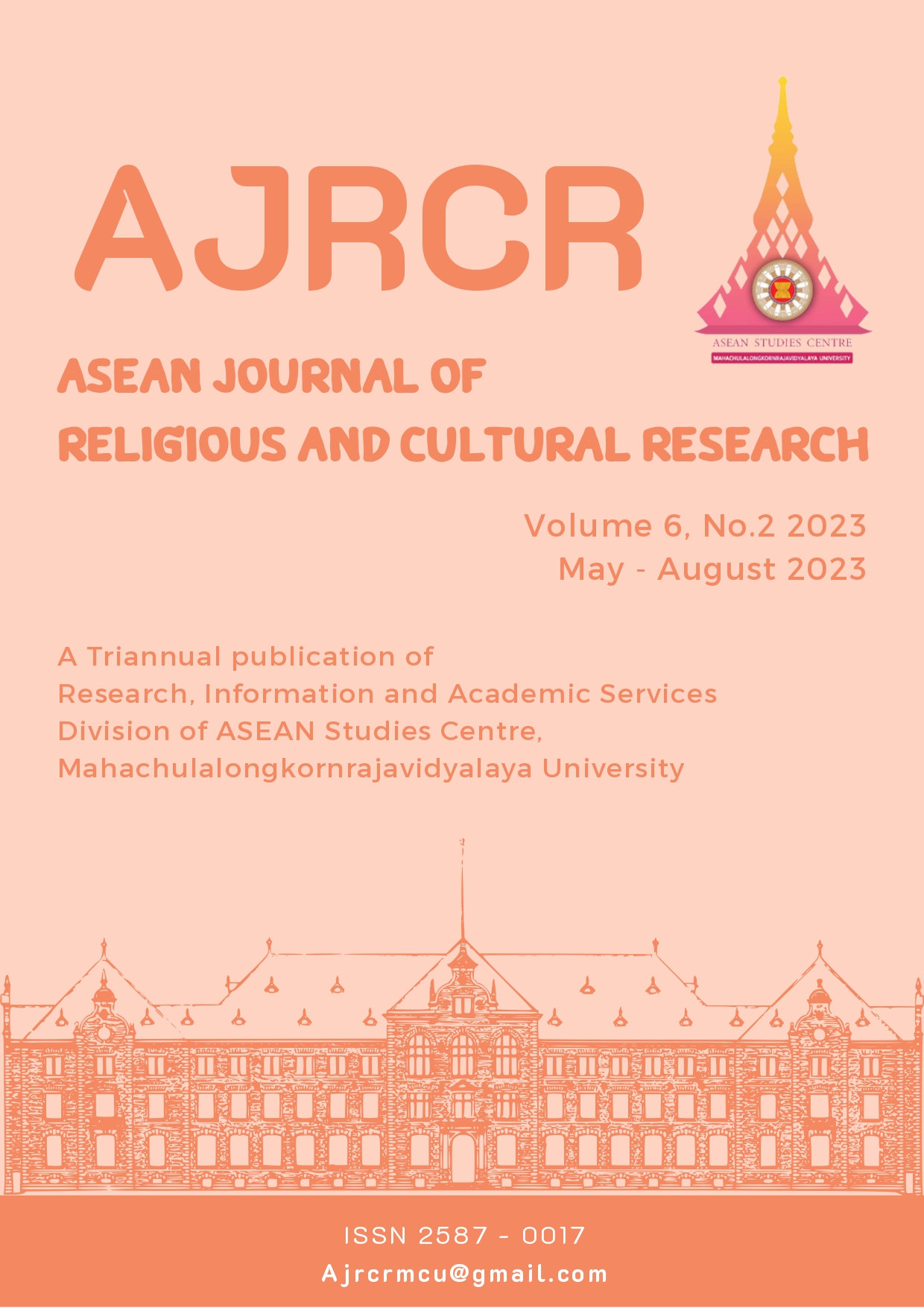Learning Management with Montessori by bringing the Trisikkhā Principles, Precepts, Concentration and Wisdom to Integrate in Learning Management
Keywords:
Workshop, Montessori, ReflectionAbstract
This academic article reflects the thoughts from attending the workshop, promotion of learning management based on the Montessori concept uses writing from real experience in the practice as an observer from the early childhood classroom and first-class classrooms that provides teaching with the Montessori concept. The results reflected the ideas from direct experiences from the workshop participants, showing that the atmosphere in the classroom arrangement was bulging good ventilation, beautiful colors, work, interior colors feel cool and comfortable. The room has a fan enough light shelf arrangement separated into media; beautiful, durable, beautiful colors arranged from top to bottom. Characters are clearly visible and durable. Teachers interact with children in order to allow children to concentrate on themselves. The role of the teacher is to be a mentor to guide the children towards achieving their goals. The students and the students’ joint activities to achieve common goals. The result of the observation made the children absorb the threefold principle, namely, the child had precepts indicating that the collection of things was organized, neat, not separating the workpiece, compassionate to help friends, concentration and mindfulness having determination to complete the work. Intellectually, children are knowledgeable, ppossessing the ability to think step by step, distinguish work pieces assemble words and be able to solve problems easily by yourself.






